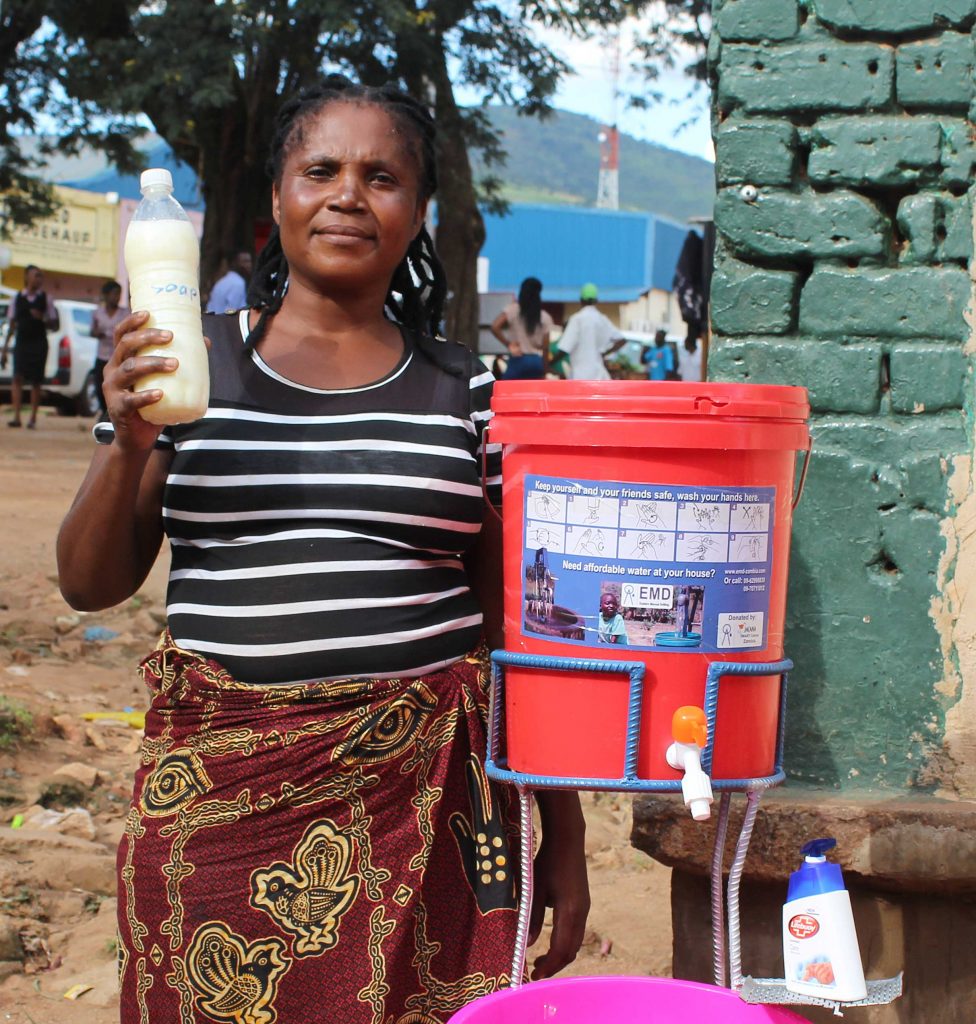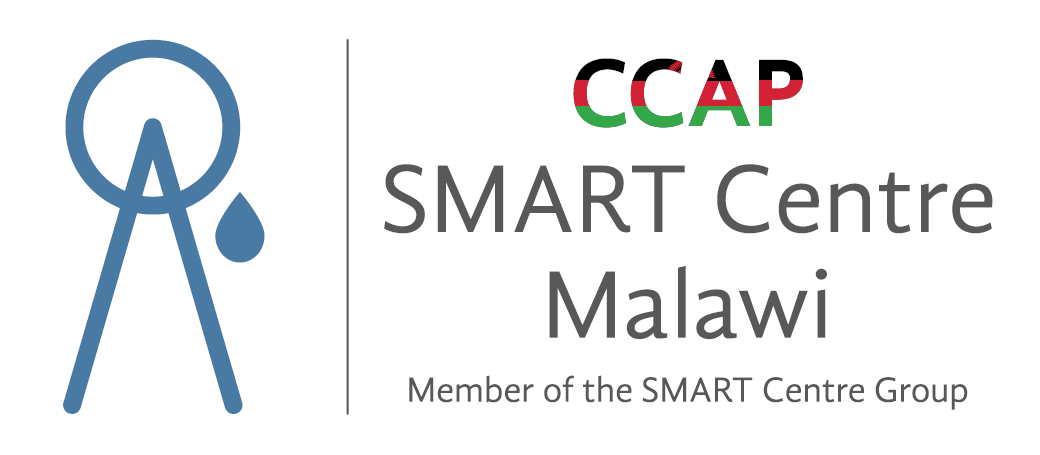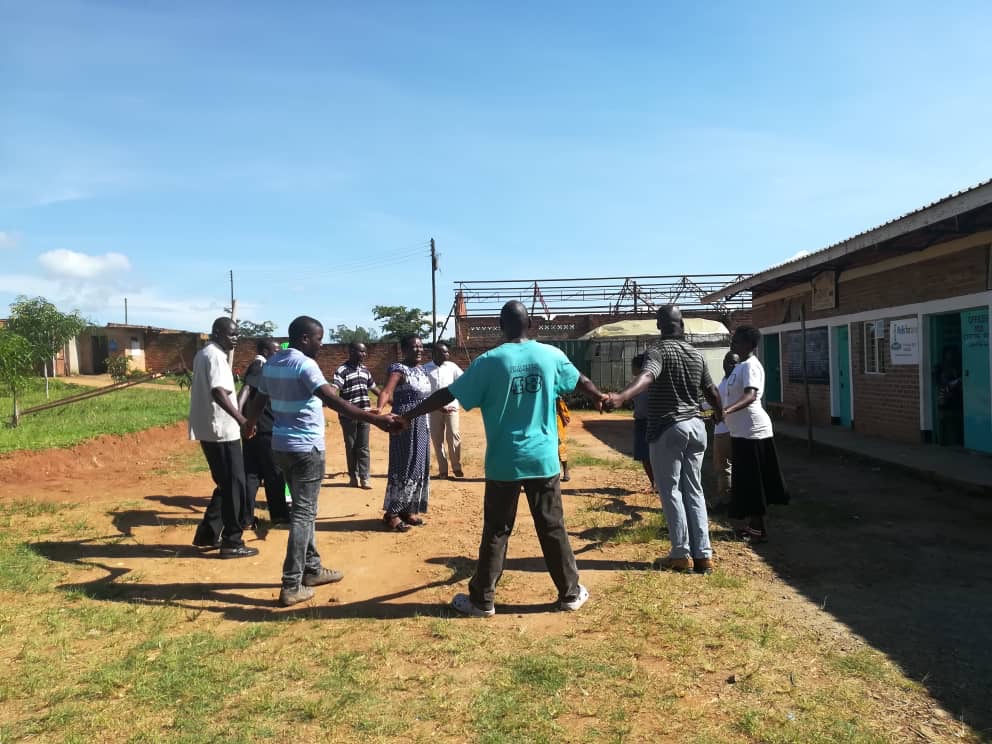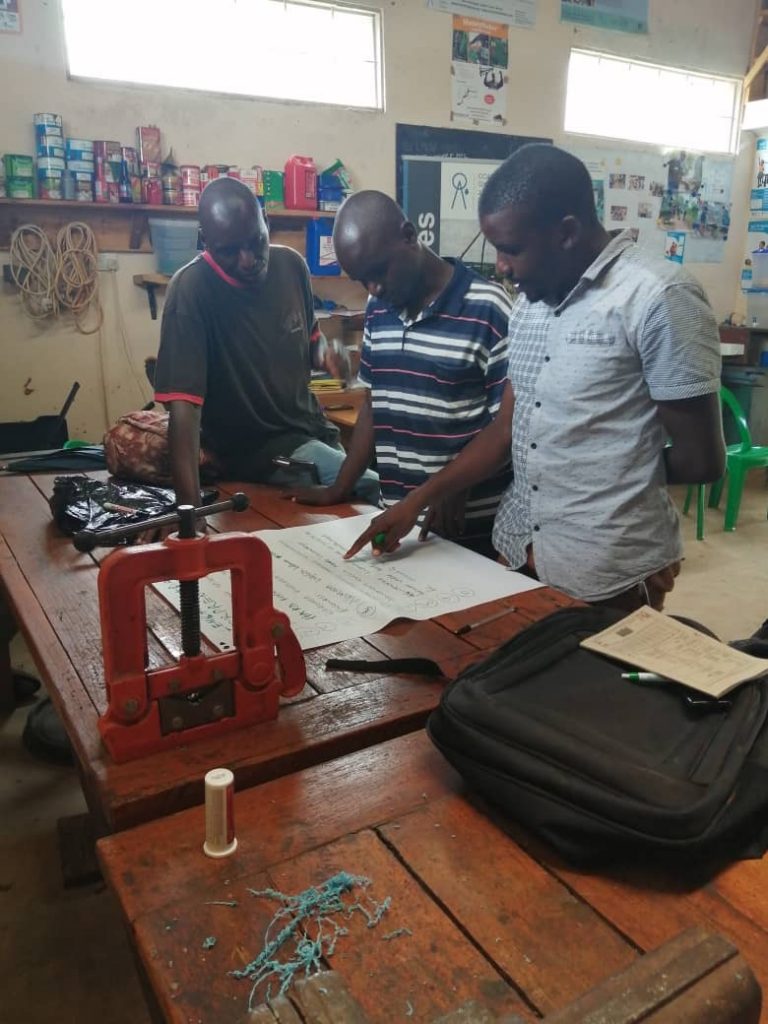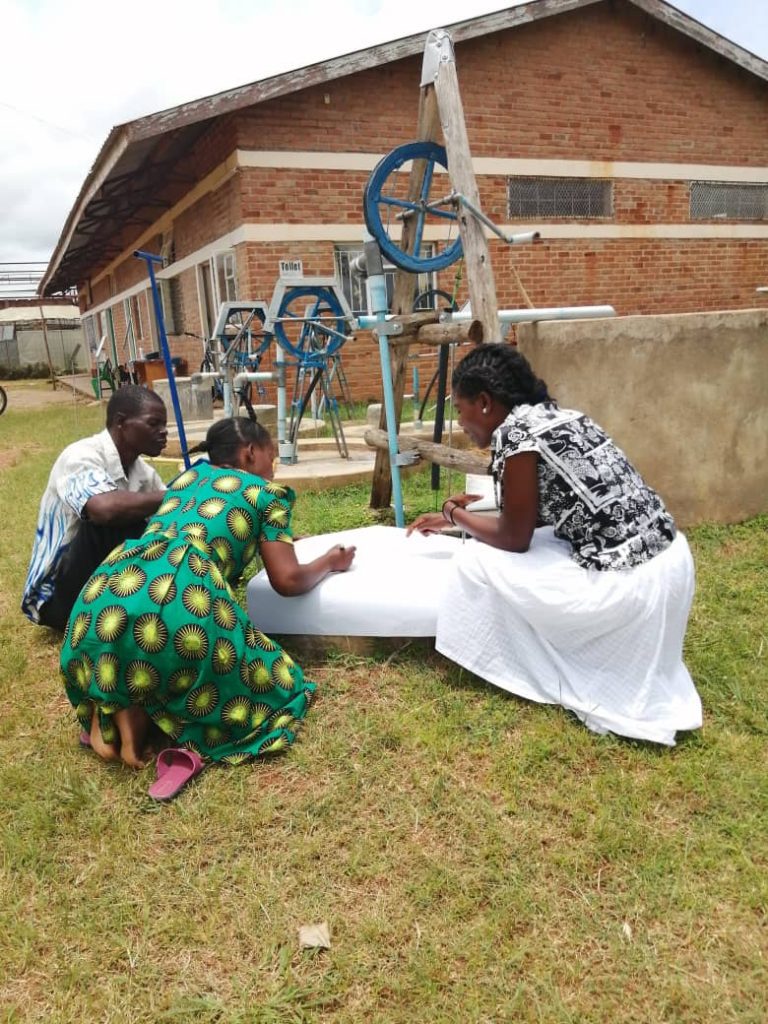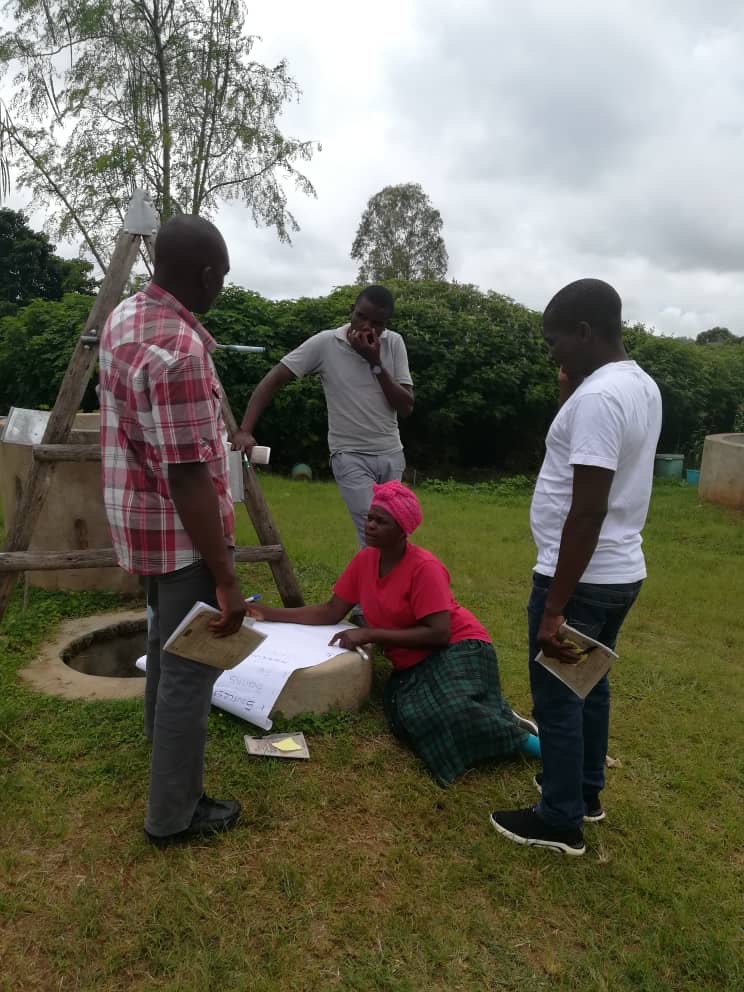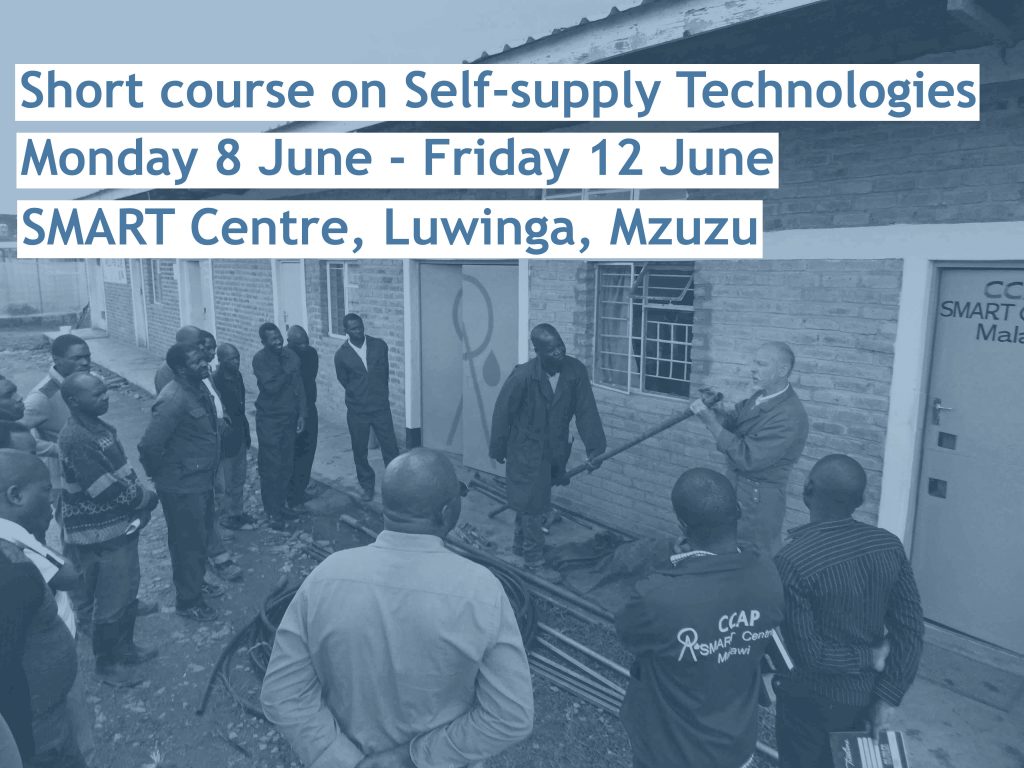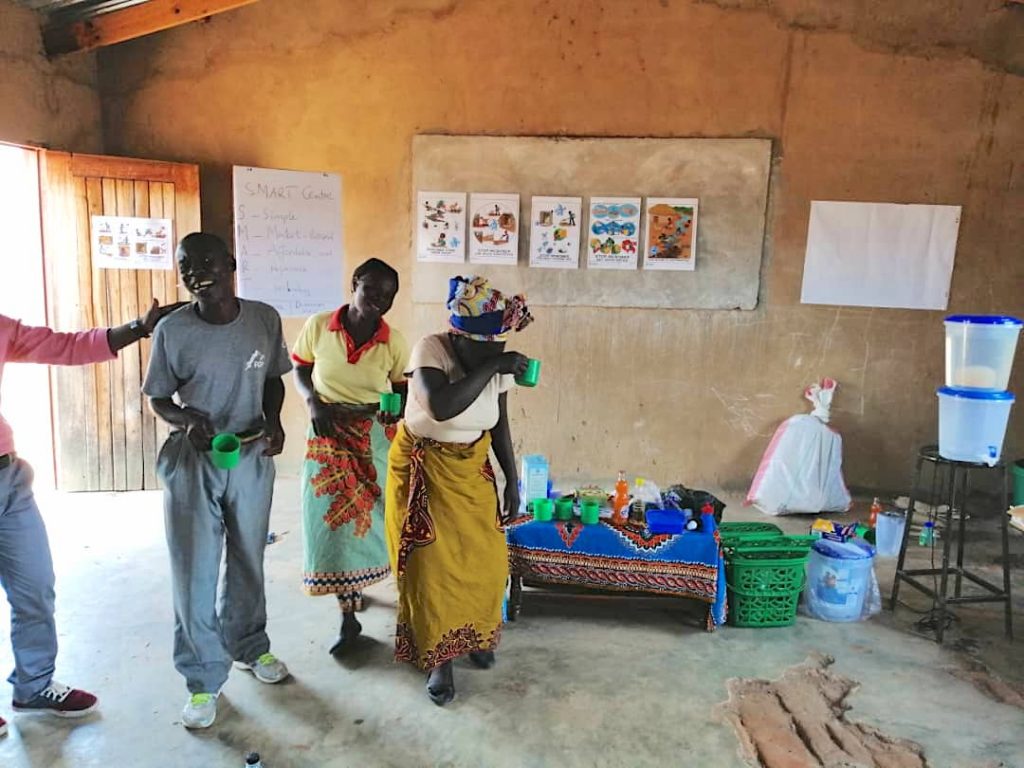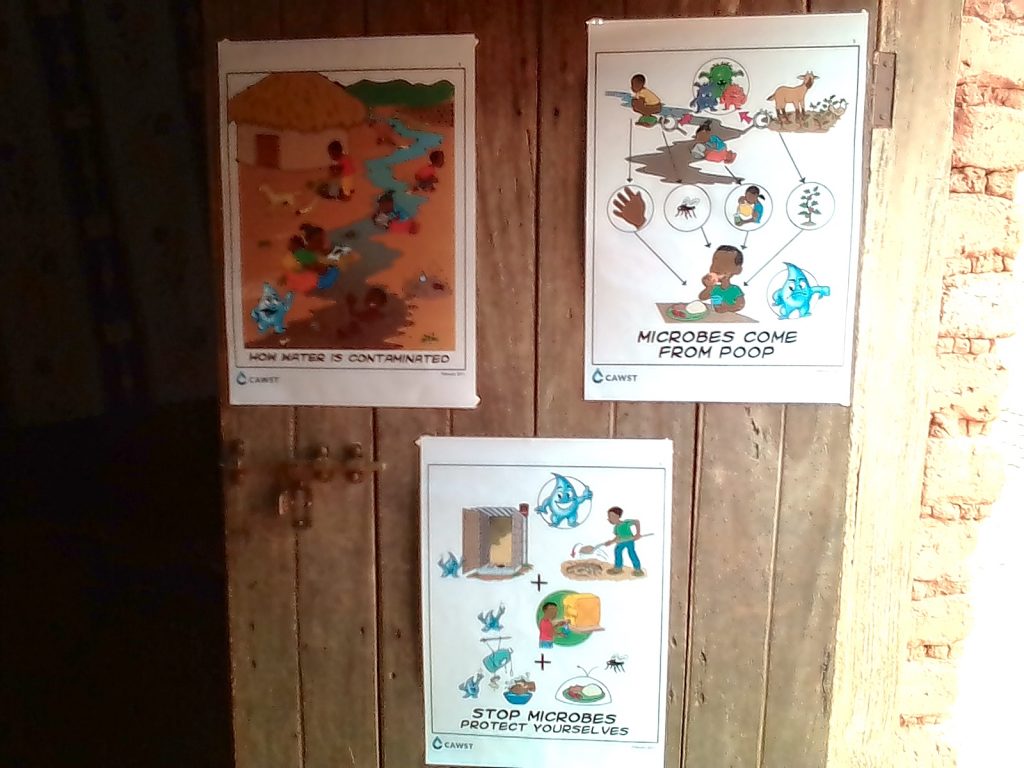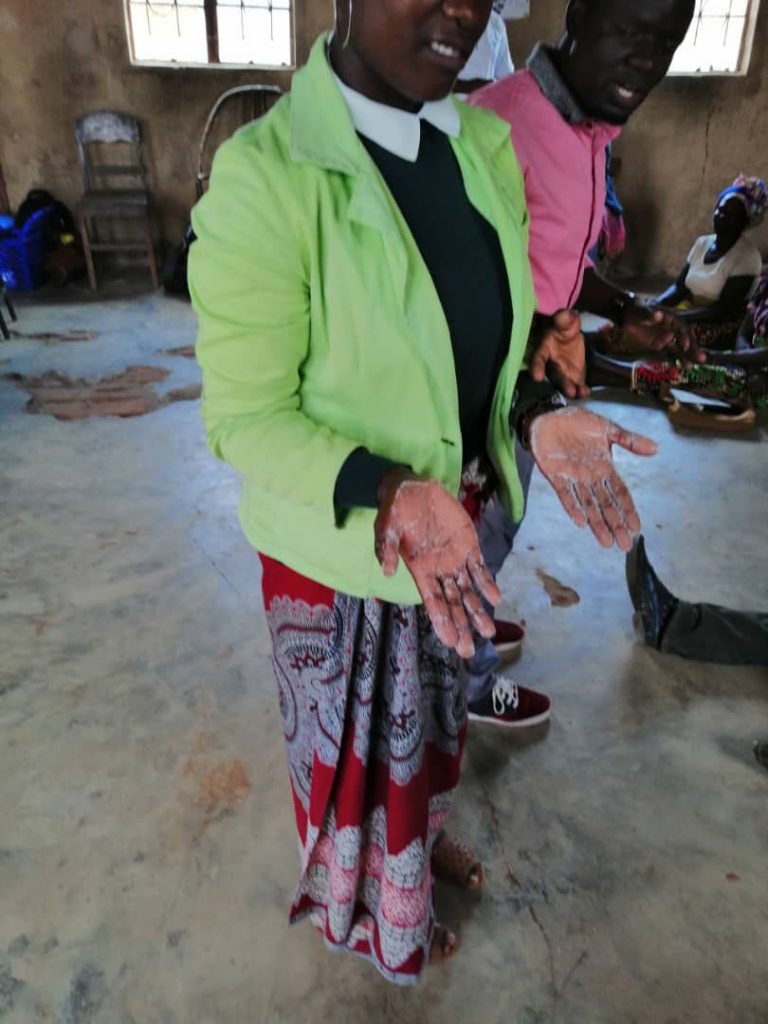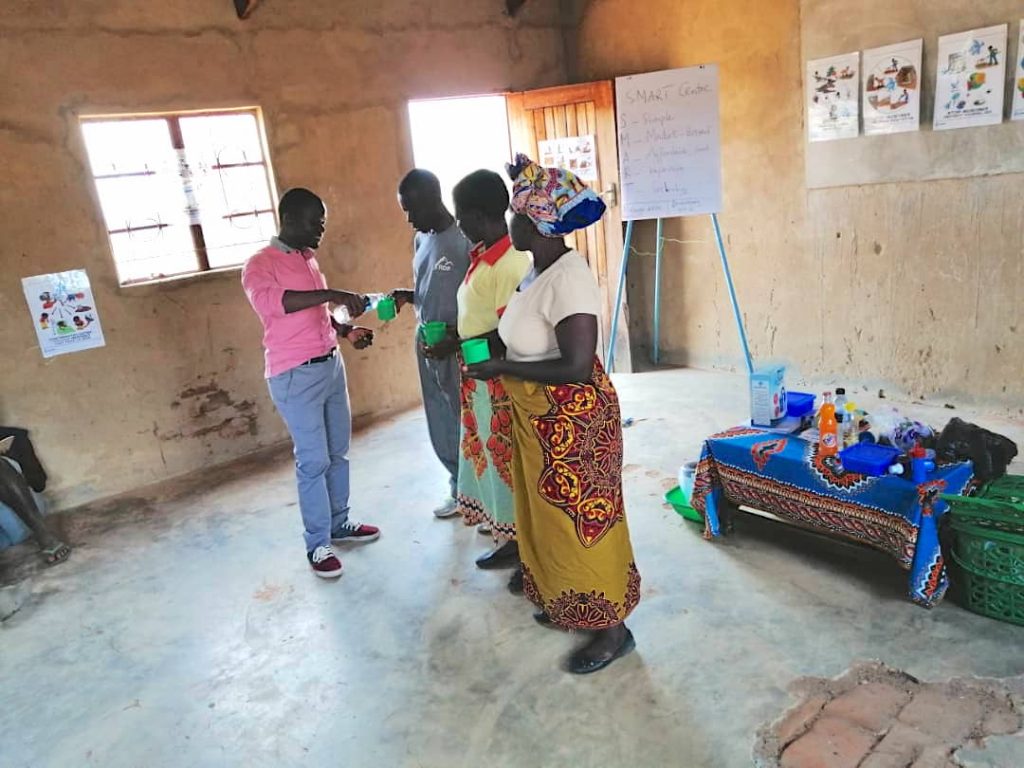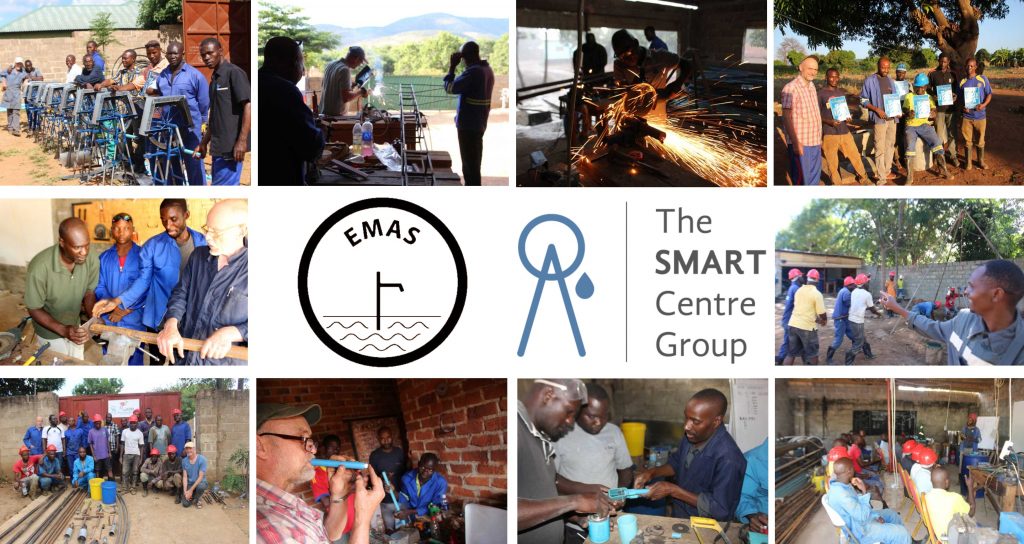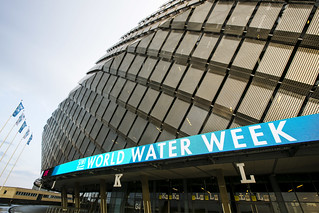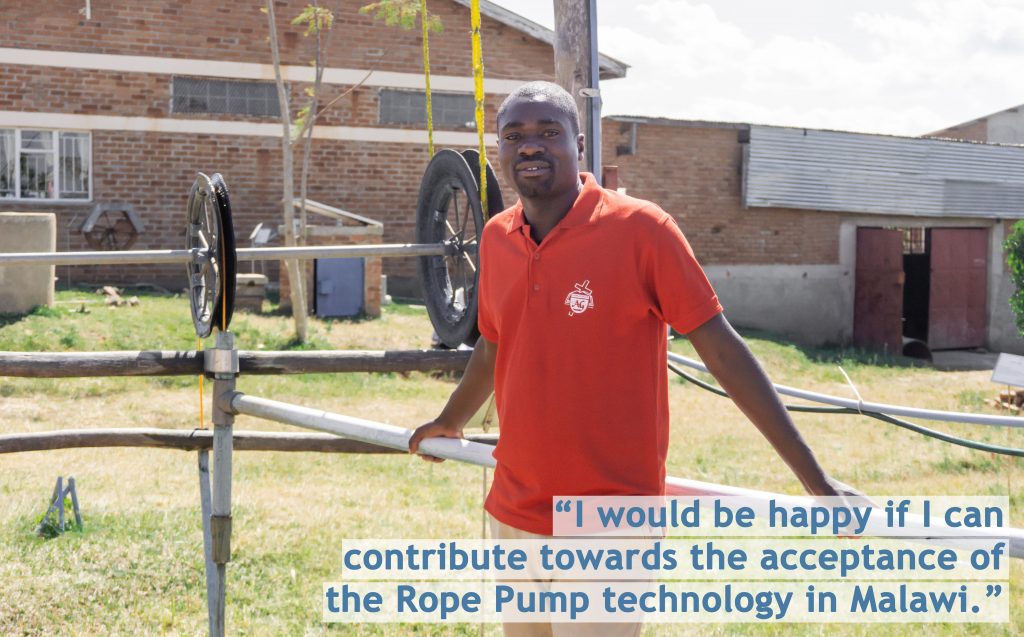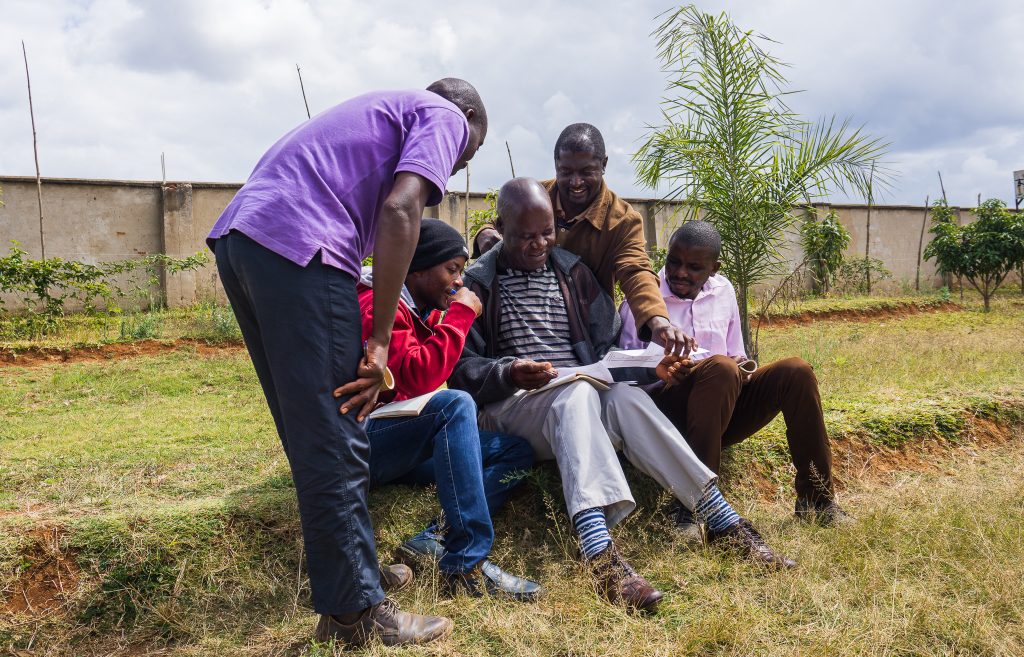After multiple positive experiences we’re excited to announce the SMART Centre opened their doors once again for a YEP-delegate to join the team. We’d like to introduce you to James Mhango, our local Young Expert.
Training in the Netherlands
James will be part of the 18th batch of Young Experts, and fly to the Netherlands in November to follow a three-week training programme. The training will cover a wide range of topics in the Water and Agrofood sectors. In the first week, a visit at our coordinators office MetaMeta is planned. An exciting opportunity to learn, make connections and kick-start two years of the programme. During the remaining part of the two years, he will receive intensive coaching and attend training sessions and master classes in order to develop various skills.
James Mhango
James Mhango is a passionate advocate of our low-cost WASH technologies, and is eager to spread awareness. At 23 years old he started at the University of Mzuzu, where he later obtained his bachelor degree in Water Resources Management and Development. It was at the Mzuzu University where he met Reinier Veldman, previous manager of the SMART Centre.
After providing James and his fellow student Andrew Kamanga with an internship for two months at the SMART Centre, they proposed to do research on Rope Pumps. You can read their findings in the published research by clicking here. Both James and Andrew stayed with the Centre after finishing their research and now specialize in monitoring and evaluation.
I see the YEP role as an opportunity to take a step forward to develop and improve my career. I am excited to meet fellow peers from over the world to share our experiences, and I hope to share knowledge on different policies with other water professionals from other countries. Their approach might be different, I want to learn from them.
I have recently changed paths and am becoming more of an entrepreneur. I currently hold pigs at home and am growing different types of crops. In five to ten years I am hoping to have a big piece of land and upscale the business. Of course, my main priority now lies with the SMART Centre. I would be happy if I can contribute towards the adoption of the Rope Pump technology in Malawi. At the moment this technology isn’t widely accepted by stakeholders yet as a water supply option.* But I also look forward to build stronger relationships with my colleagues and to use the knowledge from the training to improve the Centre.
James Mhango, August 2019
Young Expert Programme
The Young Expert Programme is jointly carried out by the Dutch Ministry of Foreign Affairs, the Netherlands Water Partnership (NWP) and the Food & Business Knowledge Platform. Their aim is to rejuvenate the Agrofood and Water sectors, by training Dutch and local professionals and giving them the opportunity to kick-start their careers in an intercultural environment. If you’d like to know more, have a look on their website.
*James Mhango, together with A. Kamanga and R. Veldman, wrote a paper on accessibility of the Rope Pump technology based on a study they performed. You can read the paper here.
